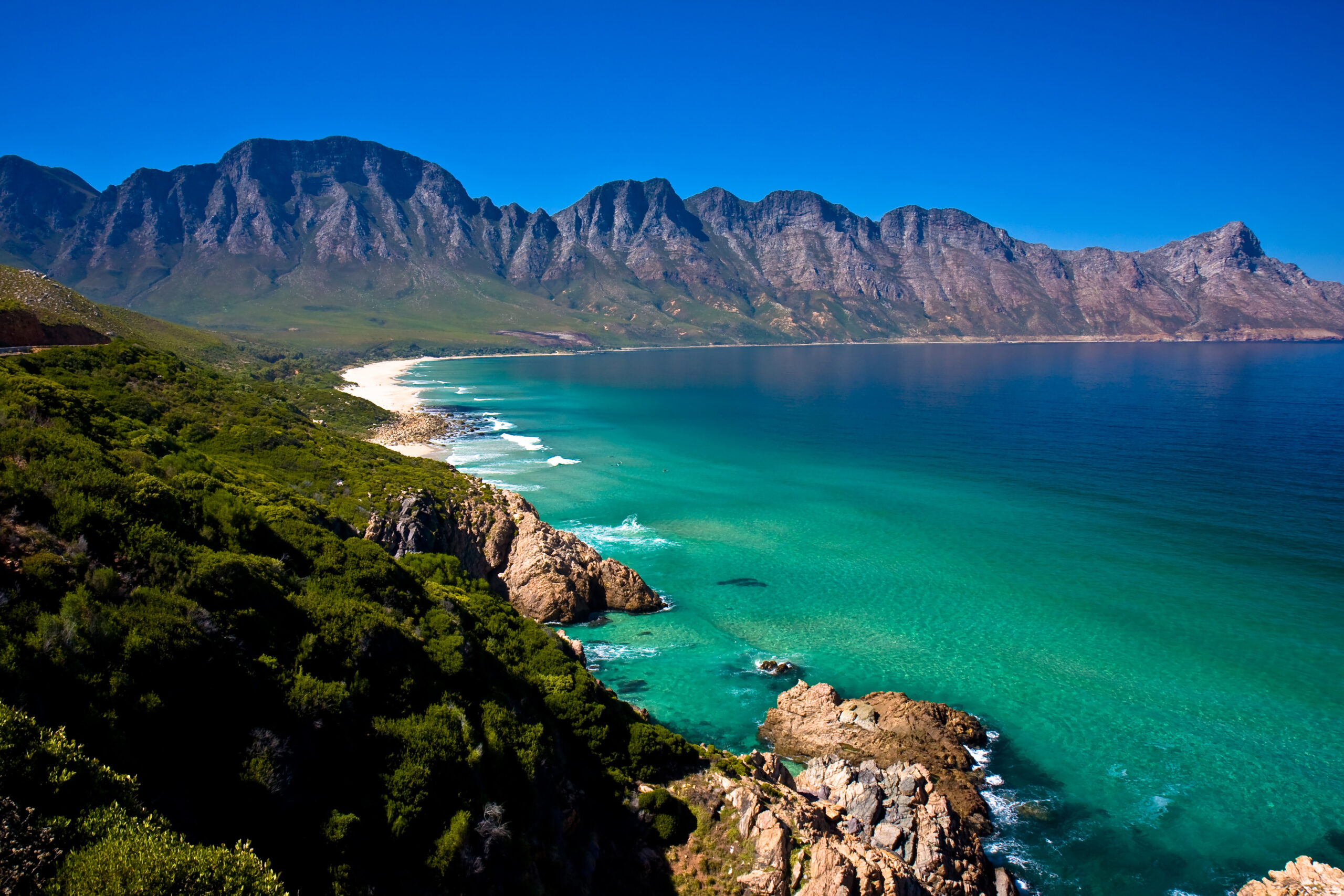
Africa’s coastline, stretching over 30,000 kilometers (18,600 miles), stands as one of the continent’s most defining geographical features, shaping the cultures, economies, and environments of coastal countries.
From the Mediterranean shores of North Africa to the southernmost tip of the continent, Africa’s coastal nations enjoy direct access to the ocean, offering a wealth of opportunities and challenges.
Cultural Influence: The proximity to the sea has profoundly influenced the cultures of coastal African countries. Seafaring traditions, maritime trade, and cultural exchanges with foreign sailors have left indelible marks on coastal communities, reflected in their cuisine, music, art, and religious practices.
Economic Opportunities: The coastline serves as an economic lifeline for many African nations, providing abundant opportunities for trade, fishing, tourism, and maritime transport. Coastal cities often thrive as bustling commercial centers and vital hubs for international trade, attracting investments and fostering economic growth.
Environmental Significance: Coastal ecosystems in Africa are rich in biodiversity, supporting a wide array of marine life, including coral reefs, mangroves, and sea turtles. These ecosystems play crucial roles in providing food, livelihoods, and coastal protection for millions of people, highlighting the importance of their conservation and sustainable management.
Challenges and Resilience: Despite the economic benefits, Africa’s coastal regions face significant challenges, including coastal erosion, pollution, overfishing, and the impacts of climate change. Rising sea levels, extreme weather events, and ocean acidification threaten the livelihoods and well-being of coastal communities, requiring urgent action and adaptation measures.
Looking Ahead: As Africa’s population continues to grow and urbanize, the pressure on coastal resources is expected to intensify. Sustainable coastal management practices, effective governance, and international cooperation will be essential to balance economic development with environmental conservation and social equity along Africa’s diverse coastline.
In conclusion, Africa’s expansive coastline is not only a geographical feature but also a dynamic and vibrant nexus of cultures, economies, and ecosystems. Embracing its opportunities while addressing its challenges will be key to ensuring a prosperous and sustainable future for coastal communities across the continent.
